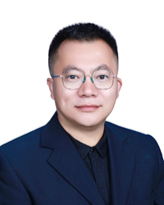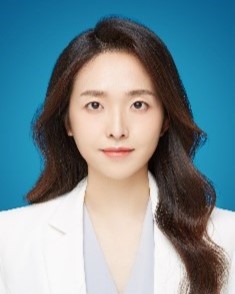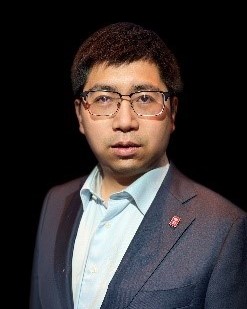Tutorial Submission
-
The ISESC 2024 Advance Program is now available online!

2024/11/1 11:58:29
-
Industry Session, Tutorial Submission Deadline Extended to July 30th, 2024

2024/7/16 10:33:18
-
Digest Submission Deadline Extended to July 22nd, 2024

2024/7/1 11:02:19
-
Call for Papers for ISESC 2024 Released!
2024/7/1 11:03:34
.jpg)



Application of Partial Power Processing Technology in Power Electronics Converters
Prof. Zhe Zhang,Hebei University of Technology;Prof. Chuang Liu,Northeast Electric Power University;A. prof. Shanshan Gao, Harbin Institute of Technology;Chao Liu,Postdoctoral researcher, Technical University of Denmark (DTU)
Abstract
Power electronics technology is pivotal in transforming how energy is generated, managed, and utilized, in Fourth Energy Revolution. Partial power processing technologies have emerged as a solution to the growing demand for high efficiency and power density in power electronics. By only processing a portion of the total power, partial power converters can achieve higher efficiency and power density than traditional full power converters. Hence, we focus on design methodology, principles, control strategies and practice of applying partial power processing concept to to DC and AC power electronic converters. The mechanisms of partial power processing technology are present first. Topologies of partial power converters based on isolated buck/boost converter, phase-shift full bridge converter and dual active bridge (DAB) converters are compared comprehensively. Then the principle, control strategies and parameters design of high gain partial power converters and step-up/down partial power converters are introduced. Finally, design domains and technical trends are discussed to assist users to maximize the potential of the partial power processing technologies.
WHO SHOULD ATTEND
This seminar is suitable for intermediate- or advanced-level researchers, engineers and students in power electronics, who are interested in high efficiency power conversion. The attendees should be familiar with the basics of dc-dc and ac-dc converter topologies, power semiconductors and modelling.
Biography
Zhe Zhang, Professor (Senior Member, IEEE) received the Ph.D. degree from the Technical University of Denmark (DTU) in 2011. After his PhD study, Dr. Zhang has been worked as Assistant Professor, Associate Professor, and Head of Studies at DTU, Denmark. Since 2022, Dr. Zhang has been Professor and in charge of research institute of power electronics at Hebei University of Technology. Dr. Zhang has been at UC Irvine as a visiting scholar. He has been published over 200 publications and more than 10 PCT patents, as well as over 10 best paper awards in IEEE conference and Transactions. Dr. Zhang is in the Stanford's Top 2% Scientists list (Career-long impact ranking).
Chuang Liu, (Professor, PhD supervisor) received the Ph.D. degree in electrical engineering from the Harbin Institute of Technology, Harbin, China, in 2013. From 2010 to 2012, he was with the Future Energy Electronics Center, Virginia Polytechnic Institute and State University, Blacksburg, VA, USA, as a Visiting Ph.D. In 2016, he became a professor with Northeast Electric Power University (NEEPU). From Sep. 1 2023, he began to work in Samarkand International University of Technology (SIUT) as the Dean of Chinese Institute of Electric Power.
Shanshan Gao, Associate Professor (Member, IEEE) was born in Heilongjiang, China, in 1992. She received the B.S., M.S., and Ph.D. degrees in electrical engineering from the Harbin Institute of Technology, Harbin, China, in 2015, 2017, and 2021, respectively. From 2022 to 2024, she was an assistant professor with the Department of Electrical and Electronics Engineering, Harbin Institute of Technology. Since 2024, she has been an associate professor at the School of Electrical Engineering and Automation, HIT. From 2020 to 2021, she was a visiting Ph.D in the Technical University of Denmark. Her research interests include high-frequency DC-DC converters and LED lighting systems.
Chao Liu, Dr. (Member, IEEE) received the Ph.D. degree from the Technical University of Denmark (DTU) in 2023. From June 2022 to August 2022, he was with the University of Cambridge as a Visiting Researcher. Now, he is a Postdoctoral researcher at the Department of Wind and Energy Systems, DTU. He also serves as the vTools Coordinator for the IEEE Denmark Section. In 2024, he was selected for the World Hydrogen Week Rising Stars Programme in World Hydrogen Weak in Copenhagen. His research interests include the design of high-efficiency converters, Power to X, and Offshore Energy Hubs.

 Paper Submission
Paper Submission Log In
Log In Registration
Registration
